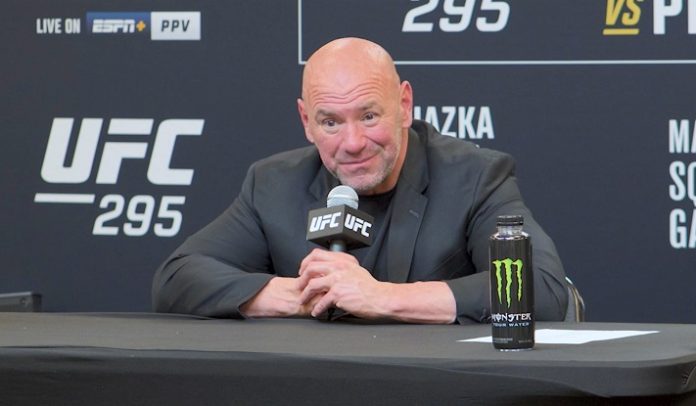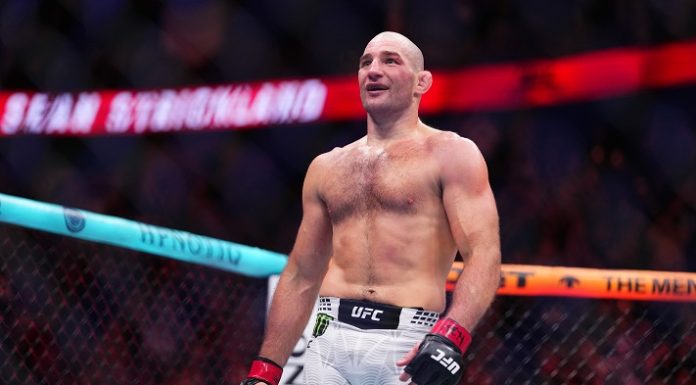
One of two ongoing class action cases against the UFC is one step closer to wrapping up.
On Tuesday, District Court of Nevada Judge Richard F. Boulware gave his preliminary approval of a $375 million dollar settlement of the Le et al vs. Zuffa lawsuit, the larger of the two antitrust lawsuits the promotion has been facing. Minus costs, which will come to upwards of $100 million, fighters in the class period from 2010 to 2017 will still stand to gain between $240 and $260 million dollars.
There are roughly 1,200 fighters covered by the class period. A second lawsuit, launched by fighters Kajan Johnson and C.B. Dolloway, grouped into an earlier settlement proposal, remains ongoing. It will not be covered by the current agreement.
Former UFC fighter “Filthy” Tom Lawlor was among the first to report the news, attending Tuesday’s hearing in Nevada in person, and posting an update from outside the courthouse.
Over 100 fighters represented by the class period had voiced their support of the settlement.
The lawsuit claimed the UFC relied on anticompetitive practices as a monopsony (the only buyer in the market for MMA talent) to artificially suppress fighter pay, among other allegations. Per reporter Josh Gross, who has provided frequent updates and insight on the case, the judge cited fighter declarations as a “significant” factor in giving his approval.
Fighters will be paid after June 2025, with funds placed in an escrow account.
UFC officials issued a statement to MMA Fighting, stating that “Today’s decision is welcome news for both parties. We are pleased to be another step closer to bringing the Le case to a close.”
Concern over the power of corporations who hold monopsony status has grown in recent years. In 2021, the Department of Justice launched a lawsuit to block the acquisition of Simon & Schuster by rival publisher Penguin Random House for exactly that reason. As noted in their press release, the purchase ‘will cause harm to American workers, in this case authors, through consolidation among buyers – a fact pattern referred to as ‘monopsony.’”
Fighters have long operated under a monopsony with the UFC as the only buyer of their services, at least in terms of real purchasing power. While organizations like Bellator, Strikeforce, PRIDE, and others have risen up over the years, none have had the staying power of the sport’s largest promotion, and none have equaled the buying power of the UFC for more than brief periods, often spending beyond their means to compete. Strikeforce and PRIDE would both be purchased by the UFC; Bellator is now owned by the PFL, the UFC’s largest rival at this point – and a distant second.




















